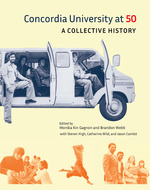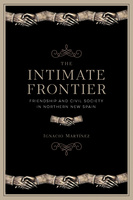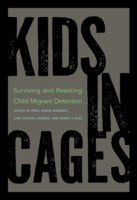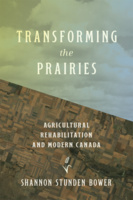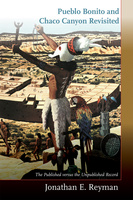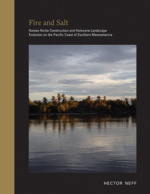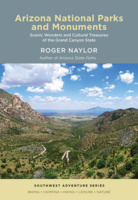The Flat Woman
A Novel
Asks who gets the right to call themselves a good person in a morally bankrupt world
The Continuous Path
Pueblo Movement and the Archaeology of Becoming
Savages and Citizens
How Indigeneity Shapes the State
This work takes the provocative view that Indigenous people have been fundamental to how contemporary state sovereignty was imagined, theorized, and practiced. By tracing indigeneity from European philosophers conceptualizing sovereignty during the Enlightenment to Indigenous President Evo Morales in Bolivia, this volume offers new analytical tools to explore indigeneity in contemporary world politics.
Redrawing the Western
A History of American Comics and the Mythic West
Maya Christian Murals of Early Modern Yucatán
Latin American Textualities
History, Materiality, and Digital Media
Cold War Anthropologist
Isabel Kelly and Rural Development in Mexico
This book explores the changing nature of U.S.-Mexican relations, development programs, state efforts of assimilation, the field of anthropology, and gendered experiences in mid-twentieth-century Mexico through the international work of Dr. Isabel T. Kelly (1906–1983).
Brazil's Sex Wars
The Aesthetics of Queer Activism in São Paulo
The Intimate Frontier
Friendship and Civil Society in Northern New Spain
Racial Alterity, Wixarika Youth Activism, and the Right to the Mexican City
Pleasure and Pain in US Public Culture
Unraveling the intricate dance of pleasure and pain in contemporary American culture
Kids in Cages
Surviving and Resisting Child Migrant Detention
This book provides an interdisciplinary perspective of child migrant detention by bringing together voices from the legal realm, the academic world, and the on-the-ground experiences of activists and practitioners. The chapters explore the harms of detention while also looking at survival in and resistance to this violent institution.
For the Bees
A Handbook for Happy Beekeeping
Cuba on the Labels
A Selection of Cuba-Themed Cigar Labels Printed Outside of Cuba
Cuba on the Labels: A Selection of Cuba-Themed Cigar Labels Printed Outside of Cuba is Emilio Cueto’s third book in his Inspired by Cuba! series. Cueto explores how the island of Cuba and one of the island’s top exports, the Cuban cigar, have been immortalized in cigar labels created outside of Cuba. Seen through the eyes of these cigar label makers, Cuba itself serves as the book’s protagonist.
Caracoleando Among Worlds
Reconstructing Maya Worldviews in Chiapas
This book focuses on the analysis of the contemporary literary movement of Maya writers of Chiapas. At the heart of this examination is a journey into the trajectory of this literary movement and its connection to the Zapatista Army of National Liberation (or EZLN) insurgency. This work shows two movements that are rooted in shared visions of rescuing, reclaiming, and recentering Maya worldviews.
Transforming the Prairies
Agricultural Rehabilitation and Modern Canada
Transforming the Prairies critically reassesses Canada’s Prairie Farm Rehabilitation Administration in light of its involvement in ecological changes and its role in consolidating colonialism and racism.
Pueblo Bonito and Chaco Canyon Revisited
The Published versus the Unpublished Record
Guerrero
A Novel of Conquest and Resistance
Fire and Salt
Human Niche Construction and Holocene Landscape Evolution on the Pacific Coast of Southern Mesoamerica
Arizona National Parks and Monuments
Scenic Wonders and Cultural Treasures of the Grand Canyon State
Whose Future?
Community Planning in West Maui
Tianxia in Comparative Perspectives
Alternative Models for a Possible Planetary Order
The Yellow Court Scripture, Volume 2
Precursors and Successors
The Teaching and Teachings of Temple Buddhism in Contemporary Japan
Tattoo Traditions of Asia
Ancient and Contemporary Expressions of Identity
Protecting Indigenous Knowledge and Heritage, New Edition
A Canadian Obligation
Against the backdrop of the United Nations Declaration on the Rights of Indigenous Peoples, Protecting Indigenous Knowledge and Heritage examines past and emerging issues in the recognition of Indigenous inherent human rights and knowledge within a Canadian legal context.









